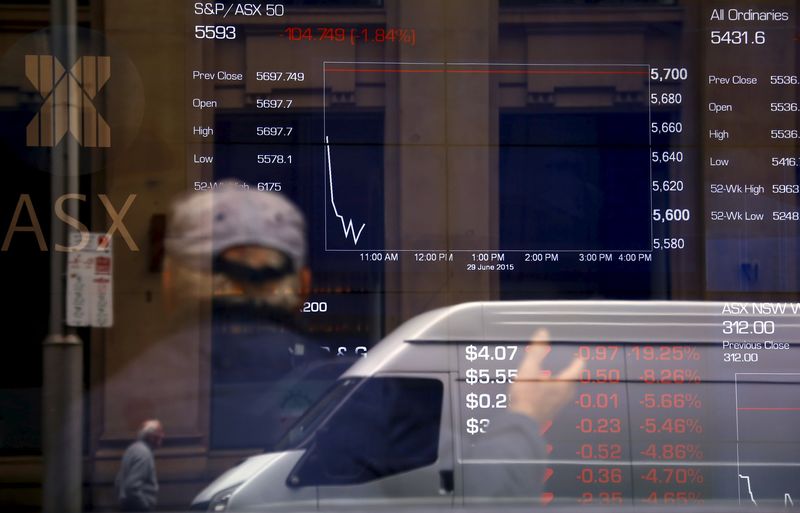It has been a challenging day for Mader Group Ltd (ASX:MAD) shareholders, as the stock tumbled 17.5% to hit a 52-week low of AU$5.30 during today’s trading. This sharp decline comes in the wake of the specialist technical services provider’s announcement of its full-year financial results, which were otherwise strong.
For the fiscal year ending June 30, Mader Group reported record-breaking revenue of AU$774.5 million, marking a substantial 27% increase from the previous year. This growth exceeded the company's guidance and was fueled by a broad-based expansion across various industry sectors and geographical regions. The company’s efforts to scale its operations and capitalize on market opportunities have clearly paid off, with significant revenue gains.
Additionally, Mader’s earnings before interest, tax, depreciation, and amortization (EBITDA) surged 32% to AU$99.2 million, reflecting improved operational efficiencies and margins. The strong EBITDA performance translated into a net profit after tax (NPAT) of AU$50.4 million, which represents a 31% increase year-on-year. This growth in profitability allowed Mader Group to declare a final dividend of 4 cents per share, bringing the total annual dividend to 7.8 cents per share. This dividend is fully franked and represents a notable 34% increase compared to the previous year.
Despite these impressive results, the market reaction to Mader Group’s financial report has been overwhelmingly negative. The 17.5% drop in the company’s share price suggests that investors were anticipating even stronger performance or were concerned about other factors not fully addressed in the financial release.
The disconnect between Mader’s strong operational metrics and its plunging share price raises questions about market sentiment and investor expectations. Factors such as broader market trends, investor outlook, or potential concerns about future growth could be contributing to the stock's dramatic decline.
To summarise, while Mader Group’s full-year results highlight a period of robust financial performance and strategic growth, the steep drop in its share price underscores the complexities of market reactions and investor sentiment. As the company moves forward, it will need to address these concerns to restore confidence and stabilise its stock price.
